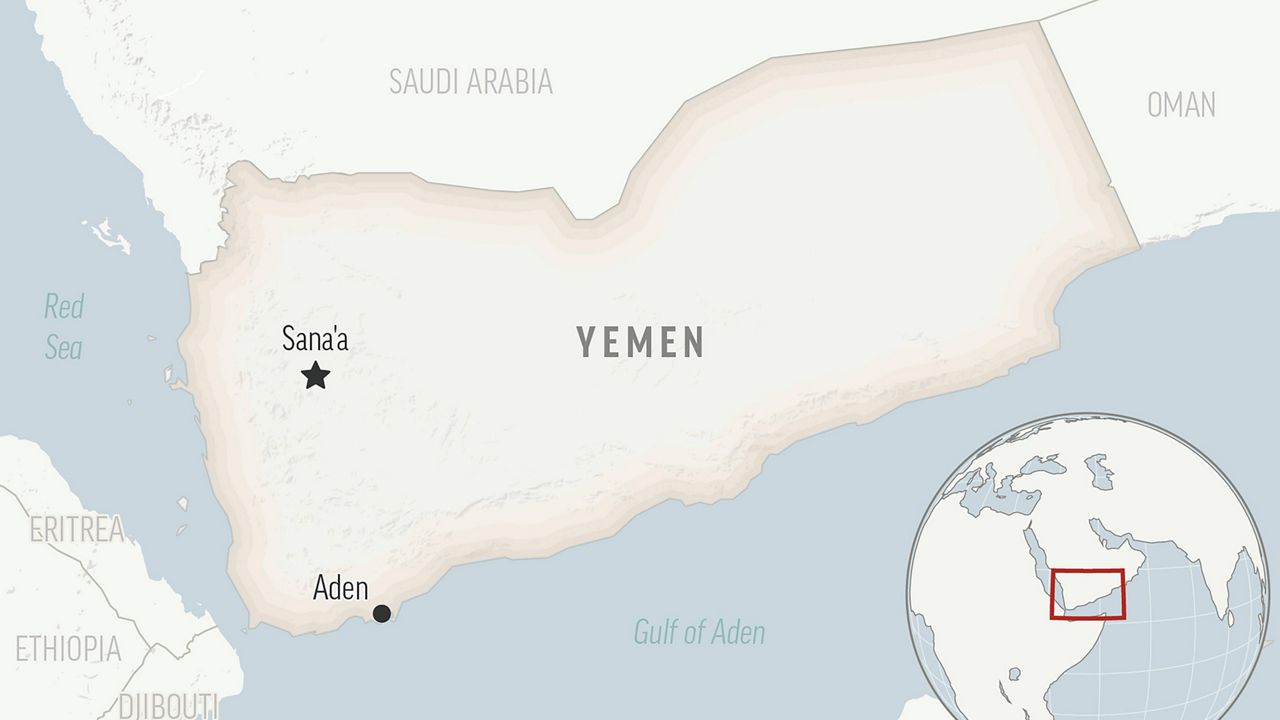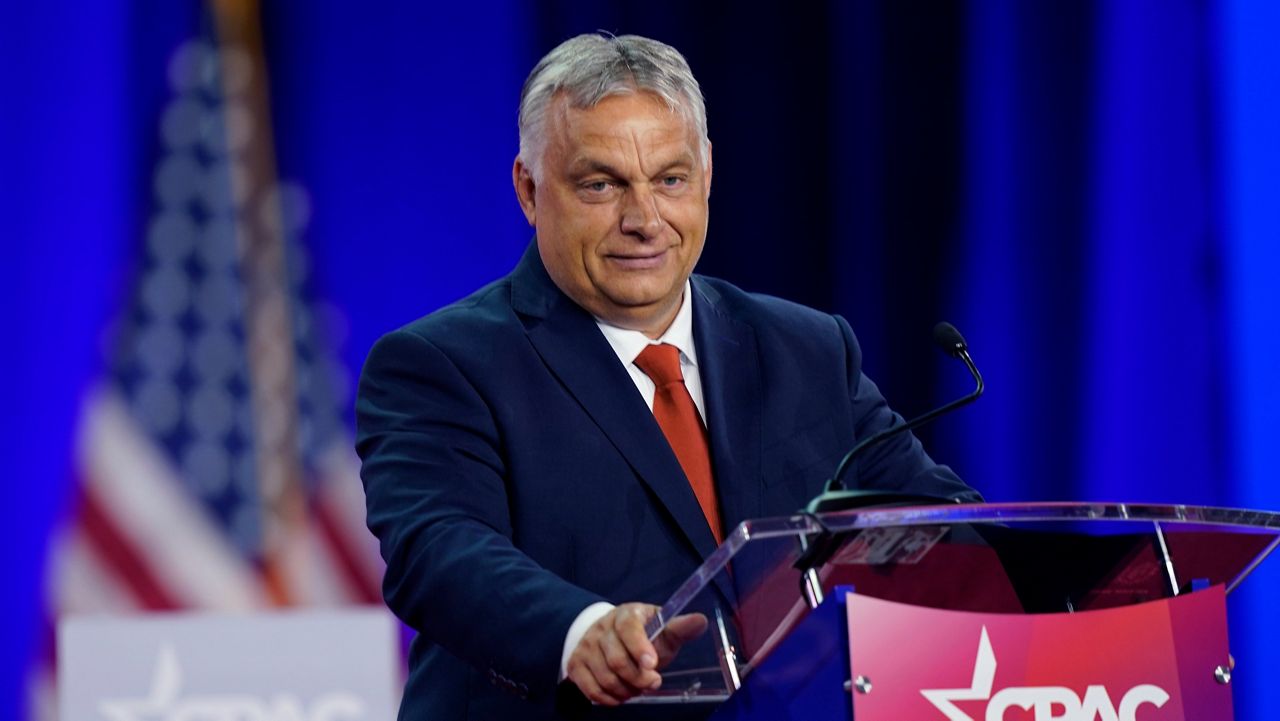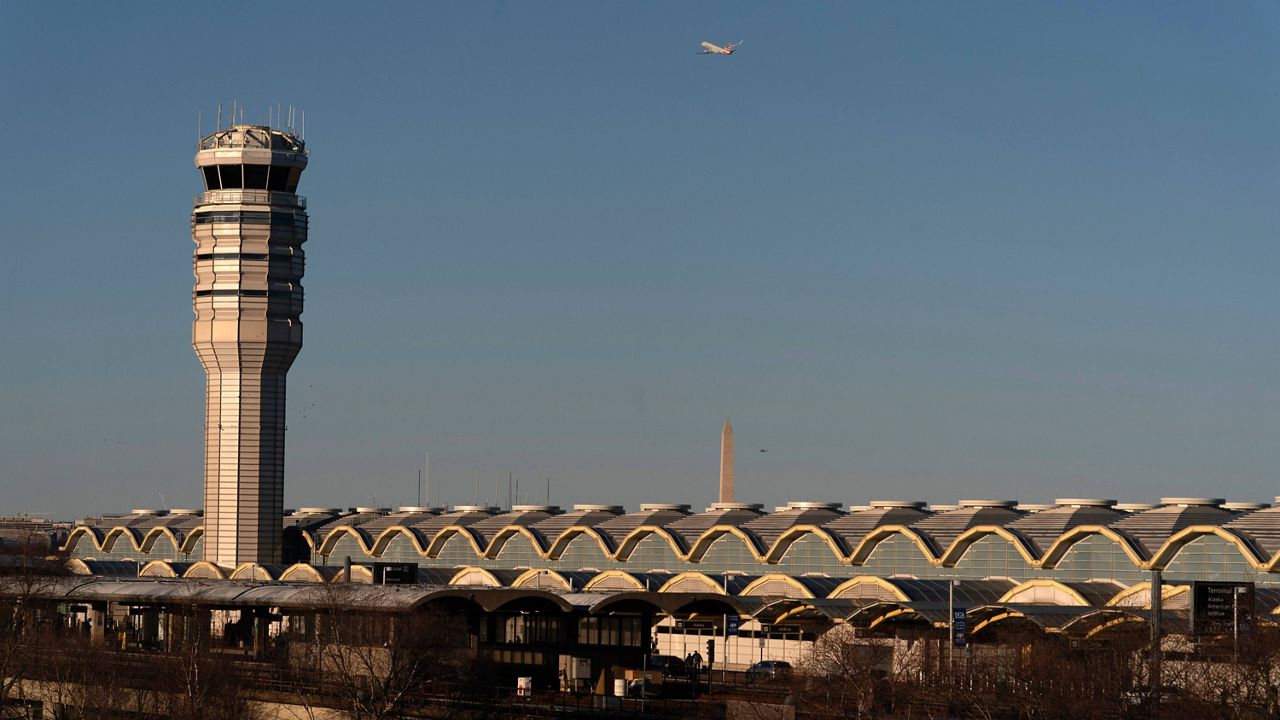The United States's advice against Israel's plan to invade Rafah, the southern Gaza city that currently houses scores and scores of refugees from across the Gaza Strip, is based on America's experiences — or perhaps its missteps — a State Department spokesperson said.
"You've heard the president talk about that when he went to Israel a little over a week after Oct. 7…because Israel is such a longtime friend, we're going to offer advice…oftentimes colored by the mistakes that we have made, and the experiences that we have learned from mistakes that we have made in our past, and how we have conducted military operations," State Department spokesperson Matthew Miller told reporters on Tuesday.
He said the intent of America's advice to Israel isn't to give instruction or plan military operations—rather, it's "about what we would have believed the best way to go about this operation is."
Israel wants to invade Rafah as part of its ongoing campaign to eradicate Hamas, the party that rules Gaza and is responsible for the Oct. 7 attack that killed more than 1,100 people. Since the Hamas attack, more than 32,000 Palestinians have been killed, according to the United Nations Office for the Coordination of Humanitarian Affairs. However, death toll totals are a matter of debate — most totals are based on figures from the Hamas-controlled Gaza Ministry of Health, and are difficult to indepedently confirm.
Miller did not specify which past military mistakes the U.S. is urging Israel not to repeat.
America's relationship with Israel frayed somewhat Monday when the U.S. opted to abstain, either voting for or vetoing a United Nations Security Council resolution calling for an unconditional cease-fire in the war between Israel and Hamas. The U.S., under its authority as a permanent U.N. Security Council member, had previously vetoed resolutions calling for a cease-fire. Not long after the vote took place, an Israeli delegation canceled a trip to Washington that would have discussed plans for a military operation into Rafah.
The U.S. opted to abstain from the vote — effectively offering tacit approval — because the Biden administration has made the resolution of a cease-fire and the release of hostages its goal in encouraging negotiations. President Joe Biden has faced widespread criticism — particularly among the more progressive sections of his base — for his continuing support for Israel and its operations in Gaza. He's even agreed with protestors who have interrupted his rallies to call attention to the humanitarian crisis in Gaza, in which Palestinians are facing famine and starvation, inability to get to water and a desperate lack of medicine.
"They have a point," Biden said Tuesday during an event in North Carolina, as a protestor shouted about the welfare of Gazans. "We need to get a lot more care into Gaza."
The United States has attempted to steer Israel away from an offensive into Rafah, to little effect. Miller said that the administration believes a full-scale military operation in Rafah would not just bring harm to Palestinian civilians and non-combatants or damage the already specious supply line of humanitarian aid but would harm Israel's national security.
"We believe…it will leave Israel more isolated in the world, it will separate Israel from contries that have been longtime partners of Israel, and you've heard this from countries all around the world," Miller said. "Those are the type of ramifications that we're worried about for Israel."
Netanyahu decries Hamas, Gallant visits Pentagon, U.S. airdrops aid
On Tuesday, Israeli Prime Minister Benjamin Netanyahu's office cast shame on Hamas for rejecting a proposal to end the war and repeating demands that include an immediate cease-fire, the complete withdrawal of Israeli Defense Forces from the Gaza Strip, and "leaving in place its administration so that it can repeat, time and again, the massacre of Oct. 7, as it has promised to do."
"Israel will not address Hamas's delusional demands. Israel will pursue and achieve its just war objectives: Destroying Hamas's military and governmental capacities, the release of all the hostages, and ensuring Gaza will not pose a threat to the people of Israel in the future," Netanyahu's office added.
Secretary of Defense Lloyd Austin hosted Israeli Defense Minister Yoav Gallant at the Pentagon on Tuesday, where the two "affirmed their shared interest in defeating Hamas" and discussed the humanitarian crisis and protecting against harm to civilians, Pentagon Deputy Press Secretary Sabrina Singh said.
"The secretary stressed that the United States and Israel have a moral imperative and a shared strategic interest in safeguarding civilians, noting that any assault on Rafah should not proceed without a credible and implementable plan that ensures the safety and humanitarian support for civilians sheltering there," Singh said.
In the discussions, Gallant affirmed that Israel will "play a role in providing some type of security" regarding a floating pier for humanitarian aid shipping that is currently being constructed in Gaza.
Singh added that U.S. Central Command airdropped more than 470,000 "culturally appropriate" meals and more than eight tons of food into Gaza on Tuesday.









